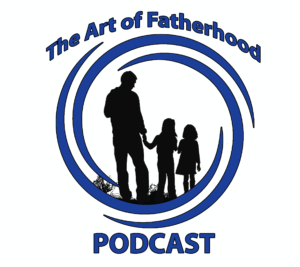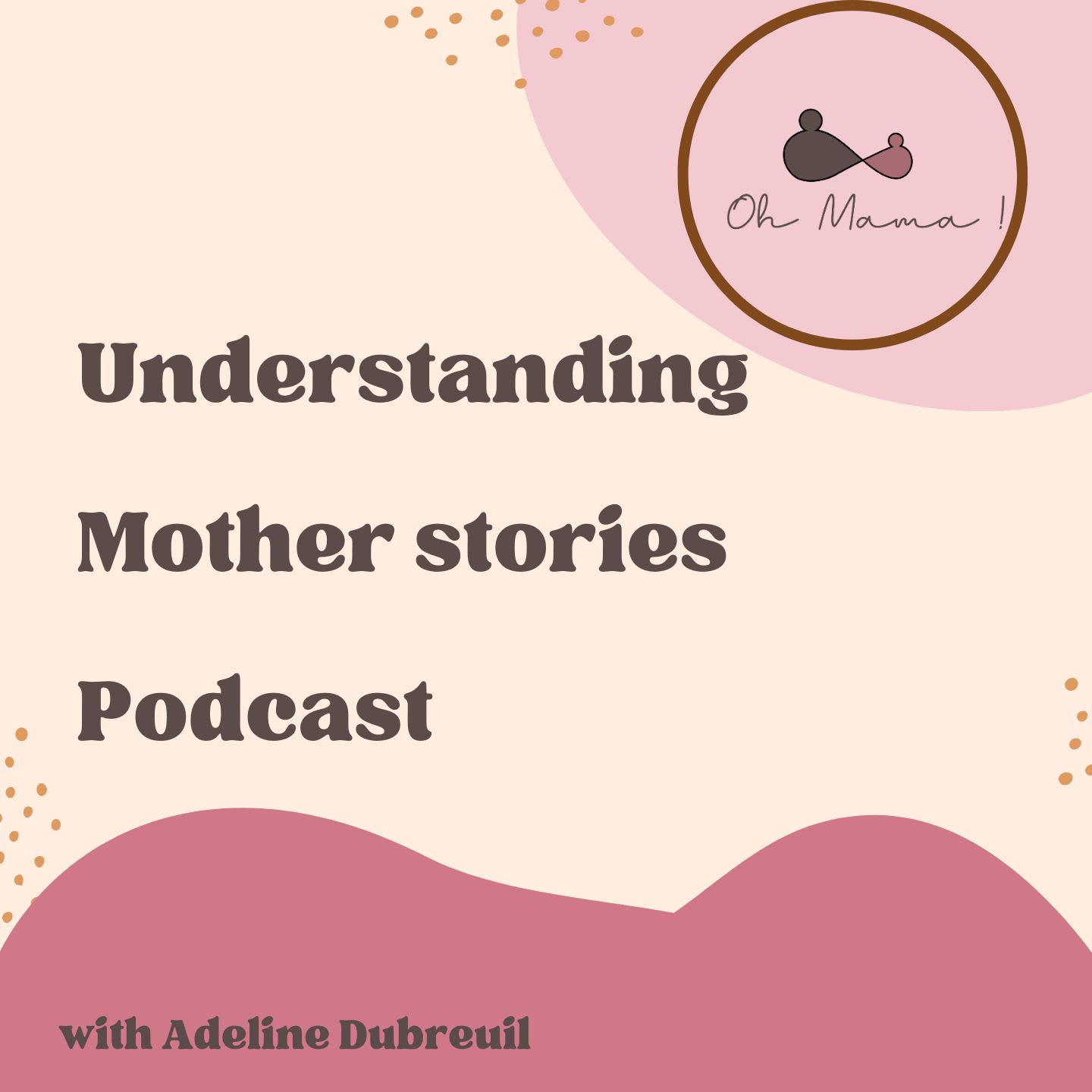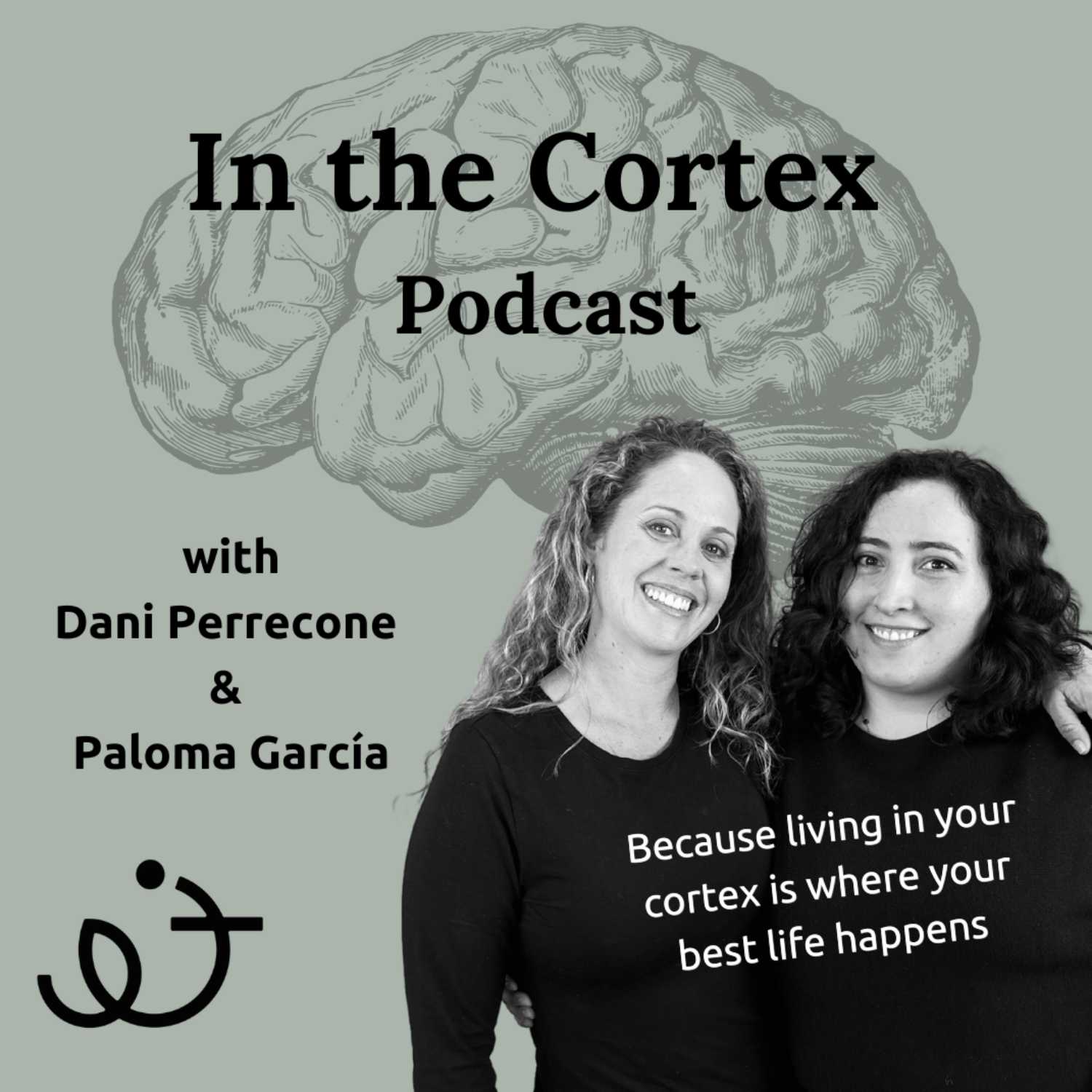Flipping the Script on Parenting
In today's episode, we shine a spotlight on parents and tackle a common concern: the desire to "fix" their children's behavior. At In the Cortex, we receive numerous inquiries from well-meaning parents who are seeking solutions. However, we explain why our approach is not about "fixing kids."Many parents have tried everything – from time-outs and motivation boards to mainstream therapy, parenting courses, drop-off programs, and even medications. It's essential to note that these methods are not inherently ineffective, but they may be missing a crucial first step.We introduce the concept of a "bottom-up" approach, emphasizing the importance of considering the brain's role in behavior. Instead of solely addressing surface-level issues, we encourage parents to understand the underlying neurological and emotional factors that influence their children's actions.





